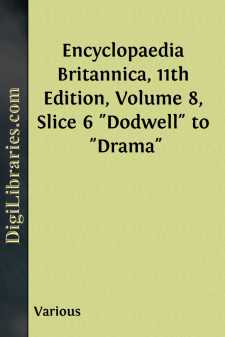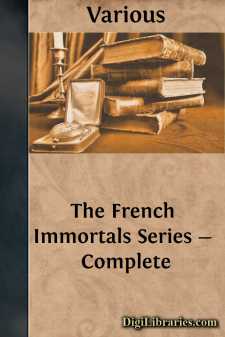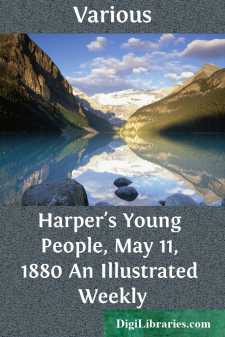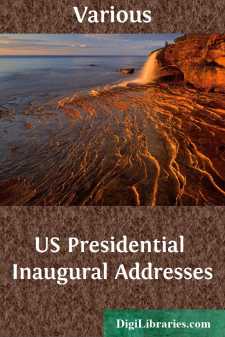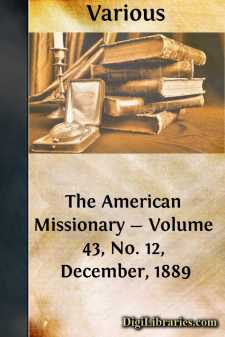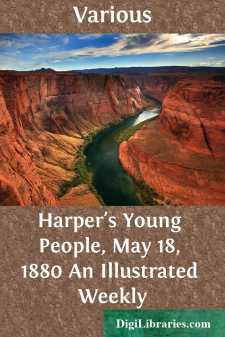Categories
- Antiques & Collectibles 13
- Architecture 36
- Art 48
- Bibles 22
- Biography & Autobiography 813
- Body, Mind & Spirit 142
- Business & Economics 28
- Children's Books 17
- Children's Fiction 14
- Computers 4
- Cooking 94
- Crafts & Hobbies 4
- Drama 346
- Education 46
- Family & Relationships 57
- Fiction 11829
- Games 19
- Gardening 17
- Health & Fitness 34
- History 1377
- House & Home 1
- Humor 147
- Juvenile Fiction 1873
- Juvenile Nonfiction 202
- Language Arts & Disciplines 88
- Law 16
- Literary Collections 686
- Literary Criticism 179
- Mathematics 13
- Medical 41
- Music 40
- Nature 179
- Non-Classifiable 1768
- Performing Arts 7
- Periodicals 1453
- Philosophy 64
- Photography 2
- Poetry 896
- Political Science 203
- Psychology 42
- Reference 154
- Religion 513
- Science 126
- Self-Help 84
- Social Science 81
- Sports & Recreation 34
- Study Aids 3
- Technology & Engineering 59
- Transportation 23
- Travel 463
- True Crime 29
Sort by:
by:
Various
DODWELL, EDWARD (1767-1832), English traveller and writer on archaeology. He belonged to the same family as Henry Dodwell the theologian, and was educated at Trinity College, Cambridge. He travelled from 1801 to 1806 in Greece, and spent the rest of his life for the most part in Italy, at Naples and Rome. He died at Rome on the 13th of May 1832, from the effects of an illness contracted in 1830 during...
more...
by:
Various
CHAPTER I. THE HOUSE OF DESVARENNES The firm of Desvarennes has been in an ancient mansion in the Rue Saint Dominique since 1875; it is one of the best known and most important in French industry. The counting-houses are in the wings of the building looking upon the courtyard, which were occupied by the servants when the family whose coat-of-arms has been effaced from above the gate-way were still...
more...
by:
Various
EDWARDES, SIR HERBERT BENJAMIN (1819-1868), English soldier-statesman in India, was born at Frodesley in Shropshire on the 12th of November 1819. His father was Benjamin Edwardes, rector of Frodesley, and his grandfather Sir John Edwardes, baronet, eighth holder of a title conferred on one of his ancestors by Charles I. in 1644. He was educated at a private school and at King’s College, London....
more...
by:
Various
Although in the remote and dreary ice regions of the extreme North a variety of game, including bear, whale, walrus, seal, reindeer, foxes, wolves, ptarmigan, ducks, and geese, is found and pursued by the hardy Esquimau, or Innuit, it is upon the capture of the seal that he expends the most time and labor. The seal is everything to him, and without it life could hardly be sustained. In the words of...
more...
by:
Various
AMONG the vicissitudes incident to life no event could have filled me with greater anxieties than that of which the notification was transmitted by your order, and received on the 14th day of the present month. On the one hand, I was summoned by my country, whose voice I can never hear but with veneration and love, from a retreat which I had chosen with the fondest predilection, and, in my flattering...
more...
by:
Various
ISTER TERESA had wept bitterly for two days. The vanity for which she did penance whenever her madonna loveliness, consummated by the white robe and veil of her novitiate, tempted her to one of the little mirrors in the pupil's dormitory, was powerless to check the blighting flow. There had been moments when she had argued that her vanity had its rights, for had it not played its part in weaning...
more...
by:
Various
American Missionary Association. OUR ANNUAL MEETING. We return from our Annual Meeting held in Chicago with a deep sense of gratitude to God and to the many friends who in various ways helped to make it one of the most pleasant and profitable of our anniversaries. We did not have the remarkable uplift of a munificent gift like that of Mr. Daniel Hand, which made our meeting at Providence so memorable,...
more...
by:
Various
r Wilson Eyre, Jr., in an article in The Architectural Review for January, which has been alluded to in our issue for October, and from which we have borrowed the three charming illustrations reproduced from his drawings, speaks as follows of English domestic architecture: “There is much to be seen from the railroad in the way of long rambling farmhouses and country houses of the modest kind, and...
more...
by:
Various
A great deal of interest is being taken in the affairs of Cuba at this time. So many reports reached President McKinley of the sufferings of many of our citizens who are living in Cuba, that he felt it his duty to look into the matter, and he has sent a message to Congress on the subject. The cause of the new trouble is this. Some months ago General Weyler, thinking that the country people supplied the...
more...
by:
Various
AMONG THE "COOLIES." They found the city one blaze of lanterns, banners, and many-colored fire-works. All the ships in the harbor were gay with brilliant bunting, and the air echoed with the boom of cannon and the snapping of firecrackers, in honor of the Chinese New-Year. In fact, it was quite a Fourth-of-July celebration; and at night there began such a burst of sky-rockets and fire-balloons...
more...


